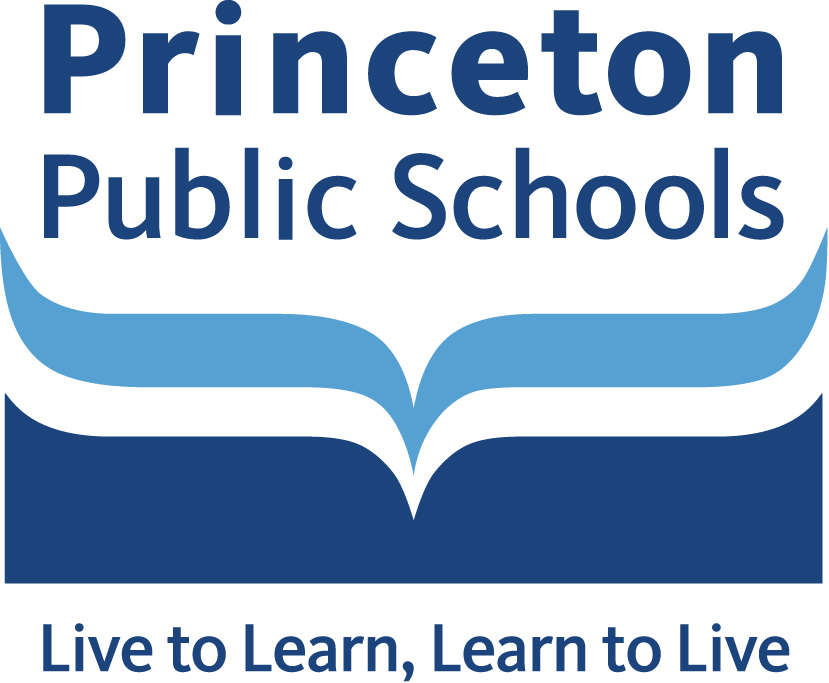Growing up, Princeton High School junior Han Li said it was not easy to find people who looked like him, who sounded like him and who had names that were not common American names.
Han said that as a child in elementary and middle school, much of what he and his classmates read in English and history classes was “overwhelmingly” written from a Euro-centric viewpoint.
“It really didn’t include representation that made me feel included in what I was learning,” Han said.
Princeton High School junior Ngan Le, who is a Vietnamese-American, agreed.
Ngan said that while she sees many of her peers similar to herself in the classroom, “that is typically not reflected in the textbooks that we carry in history class.”
“While many history classes are engaging, it’s a place where I don’t necessarily see myself. When there is some Asian-American representation (in textbooks), much of it is negative, with little to no mention of Asian-Americans’ achievements or accomplishments,” Ngan said.
But that is going to change, under a new law signed by Gov. Phil Murphy. The new law, which takes effect with the 2022-23 school year, requires every public school to incorporate lessons that teach the contributions, history and heritage of Asian Americans and Pacific Islanders in the grades K-12 curriculum.
However, the Princeton Public Schools had already begun to focus on highlighting the Asian American and Pacific Islander community’s contributions throughout the curriculum, beginning with the 2020-2021 school year.
The Princeton Public Schools focused on highlighting the Asian American and Pacific Islander community’s contributions throughout the Social Studies Department and English Department courses in the upper grades, school district officials said.
And the school district’s racial literacy curriculum in grades K-8 included a focus on Asian American and Pacific Islander literature, history and notable people, school district officials said.
Nevertheless, the new law is a move that was welcomed by Han and Ngan, who spoke to the Princeton Public Schools Board of Education at its Feb. 22 meeting.
Several parents, who also spoke during the school board meeting, emphasized the need to incorporate lessons that acknowledge the contributions of the Asian American and Pacific Islander communities.
Jackie Tsang, whose children attend the Littlebrook School and the Princeton Charter School, said she and her husband are Chinese Americans who were born in the United States. Her grandfather immigrated to the United States from China and served in the U.S. Army during World War II, she said.
But Tsang said she had been made to feel different when she was a child growing up in Connecticut. As one of the few Chinese Americans in her hometown, she said she thought the occasional acts of racism and prejudice that she encountered were normal – and that’s why the new law is so important.
“The AAPI bill (signed into law) will allow students to learn about the history of Asians in America and the many accomplishments they have made which benefit the lives of all Americans,” Tsang said. Students will realize that Asian Americans are not foreigners.
Ying Lu, whose child is enrolled at the Princeton Middle School, said Asian American and Pacific Islander students make up more than 20% of the student enrollment in the district, and an additional 8% of students are mixed-race Asian Americans. The enrollment is about 3,800 students.
“I think it is really important for kids to feel included in school, in the classroom and in the curriculum,” Lu said. The new curriculum will help students better understand who Asian American Pacific Islanders are and how to understand their peers better, she said.
School board President Dafna Kendal agreed, saying “we are all better if we understand other people. We all need to understand each other better.”
School board member Michele Tuck Ponder said her daughter did not learn anything about the Asian American Pacific Islander community when she attended the Princeton Public Schools. She learned more on her own by being curious.
“I don’t want my son to have the same experience, so I am going to put it on you to hold our feet to the fire and be constantly vigilant and monitor what we do in the classroom. Don’t give up,” Ponder told the parents and students.
School board member Deb Bronfeld thanked the students for sharing their experiences.
“It really helps us. This is the work we are really excited to be a part of and we are here to support. We want you to know that we are here for that,” Bronfeld said.

